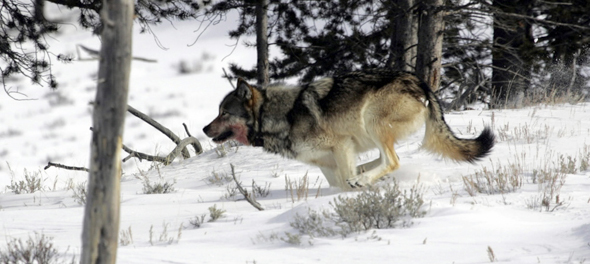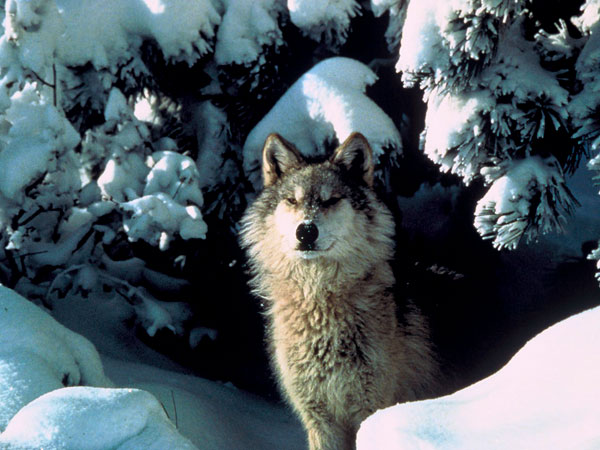Yesterday Congress decided that a total government shutdown would not be a good thing for the nation and Republicans and Democrats came to an agreement on a sweeping federal budget bill. Tucked into that bill was legislation that removed wolves from the endangered species list in five western states.
This means the states will be allowed to manage wolf populations on their own terms and Montana and Idaho will likely open public wolf hunts this fall. For hunters, ranchers and people who care about elk and deer herds, that’s a good thing.
But while basking in this victory, it’s important to remember how we got here — and it’s not pretty.
The abbreviated version is this: state game agencies could not agree with federal agencies (I’m talking about Wyoming and the USFWS) which allowed environmentalists to bring the wolf issue to court. The courts sided with environmentalists and wolves were put back on the endangered species list from August 5, 2010 to present. Then Congress stepped in and representatives from Idaho and Montana penned legislation that would delist wolves and overrule decisions made by district courts.
They cleverly attached this rider to an incredibly important bill that will finance the federal government through September. This is the first time that Congress has targeted an endangered species in the history of the 37-year-old law.
As you can guess, environmentalists were not pleased.
“We are having the worst attack on the Endangered Species Act in 30 years while we have a Democratic Senate and a Democratic White House,” Kieran Suckling, a founder of the environmentalist group Center for Biological Diversity, told the Washington Post. “They are trying to shut citizens and scientists out of the endangered species process.”
But ironically, Suckling’s group and others like it were what caused Congress to intervene in the first place. They ignored local and federal biologists’ recommendations and filed lawsuits that gummed up the system. Western lawmakers were flooded with complaints from their constituents and seized the moment.
Now the environmentalists will have to sleep in the bed they’ve made.
The Western lawmakers who backed the wolf rider say the legislation was a unique intervention and there are no intentions of gutting the Endangered Species Act. However, there is already a request from the Department of the Interior to put a strict cap on spending for a program that allows citizens to petition for species to be listed as endangered, according to the Post.
Historically, this petition process is how the majority of species are added to the endangered list.
So in the short term the move by Congress has helped western states, but in the long term it could set a dangerous precedent.







